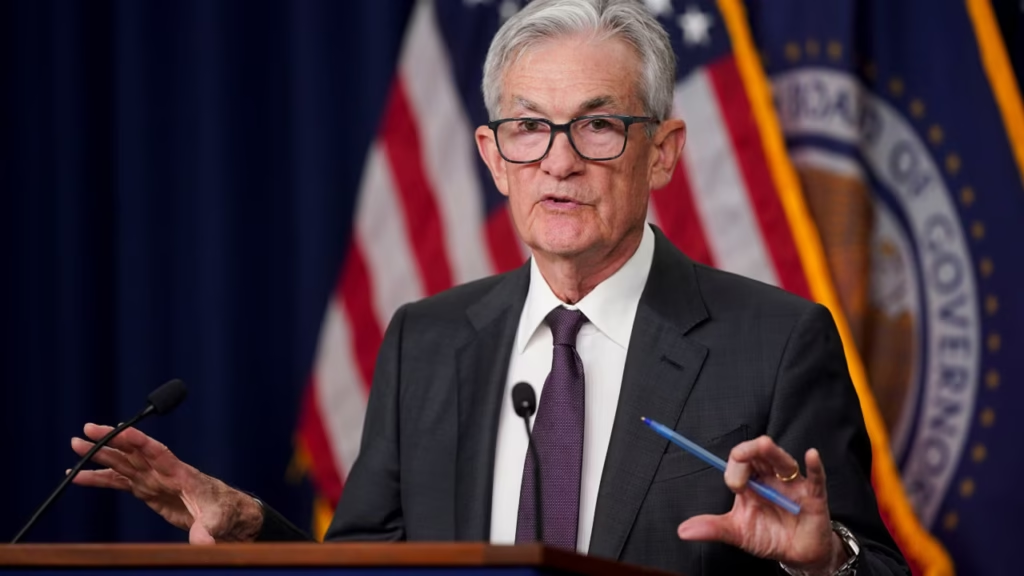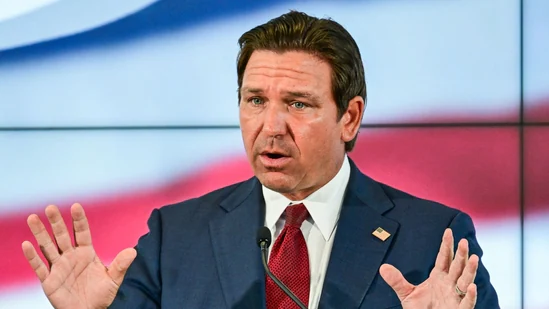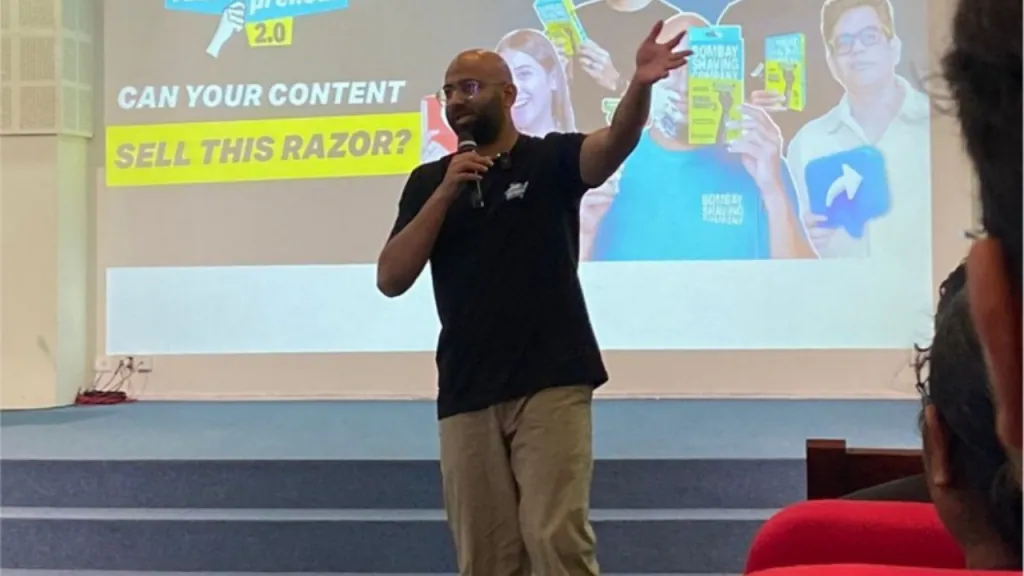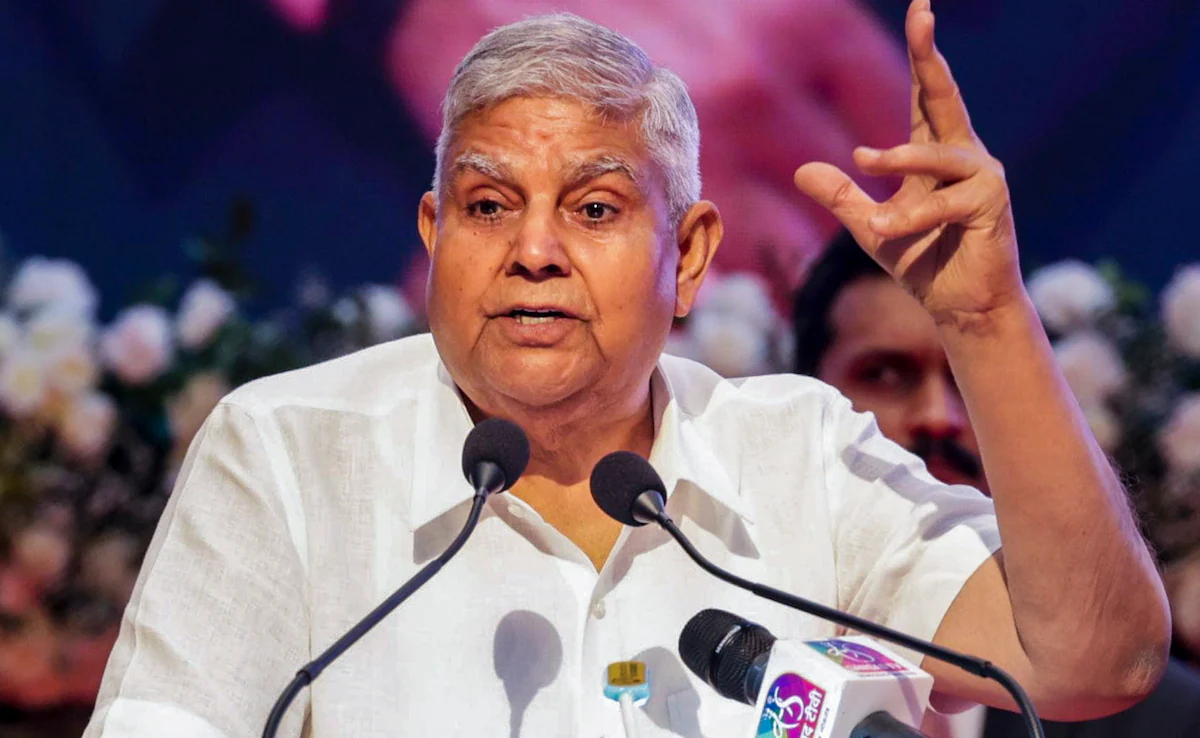Now Reading: PM Modi’s UK Visit Begins: Spotlight on Free Trade Deal and Strategic Talks
-
01
PM Modi’s UK Visit Begins: Spotlight on Free Trade Deal and Strategic Talks
PM Modi’s UK Visit Begins: Spotlight on Free Trade Deal and Strategic Talks
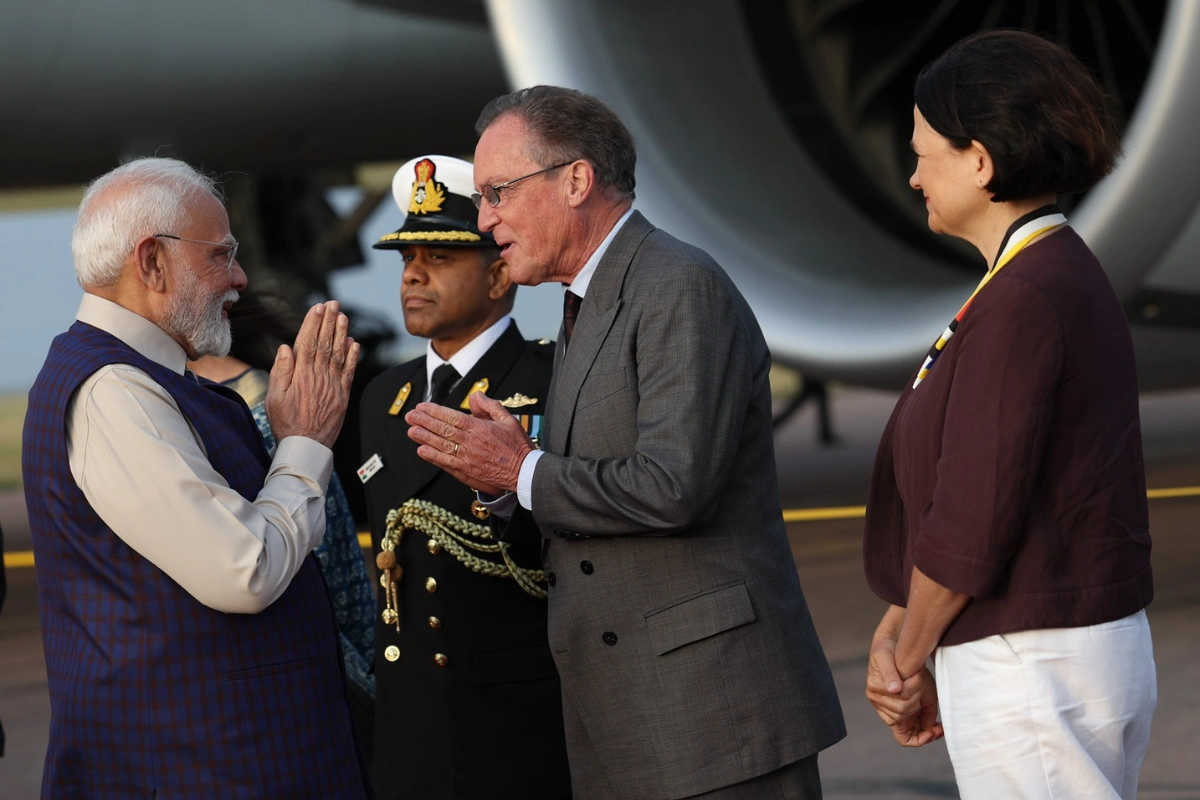
Prime Minister Narendra Modi has arrived in the United Kingdom, kicking off a high-stakes diplomatic visit that’s expected to focus heavily on finalising the long-awaited Free Trade Agreement (FTA) between India and the UK. With both countries aiming to deepen economic and strategic ties, this visit is packed with expectations—especially from Indian businesses and political observers keeping a close eye on trade and investment shifts.
Free Trade Agreement: The Centrepiece of the Visit
The proposed India-UK FTA has been in the works for years, but delays over tariffs, services, and labour mobility have kept it from being finalised. Modi’s visit now aims to bring much-needed political momentum to the negotiations. A successful agreement could reduce trade barriers, improve market access for Indian goods, and open up job opportunities in sectors like textiles, engineering, and IT services.
For Tier 2 city exporters—from Ludhiana to Surat—this could mean easier access to the UK market and more international business prospects.
What’s on the Broader Agenda
Apart from the trade deal, Modi is expected to engage with UK leadership on strategic and security collaborations, defence partnerships, and tech innovation. Climate change, clean energy cooperation, and mobility of Indian professionals—especially healthcare workers and students—are also likely to be key discussion points.
Cultural diplomacy is another aspect, with Modi’s diaspora engagement usually drawing large crowds of Indian-origin citizens in the UK. These community events are often used to build goodwill and showcase India’s growing global presence.
Why This Visit Matters Now
With upcoming elections in both India and the UK, political timelines are adding pressure to seal at least a framework deal. The Indian side wants favourable terms for its growing middle class and MSMEs, while the UK hopes to regain post-Brexit economic leverage through strategic trade ties with major economies like India.
For working professionals and students from cities like Pune, Nagpur, and Coimbatore, improvements in visa processes and mutual recognition of qualifications could directly impact their opportunities abroad.
Conclusion
PM Modi’s UK visit is more than just another diplomatic tour—it’s a potential game-changer for trade, mobility, and bilateral ties. If the FTA gains real traction, the impact will be felt not just in Delhi or London, but across India’s industrial towns, business hubs, and educational centres. All eyes are now on how much ground this visit will cover and what concrete outcomes emerge.








